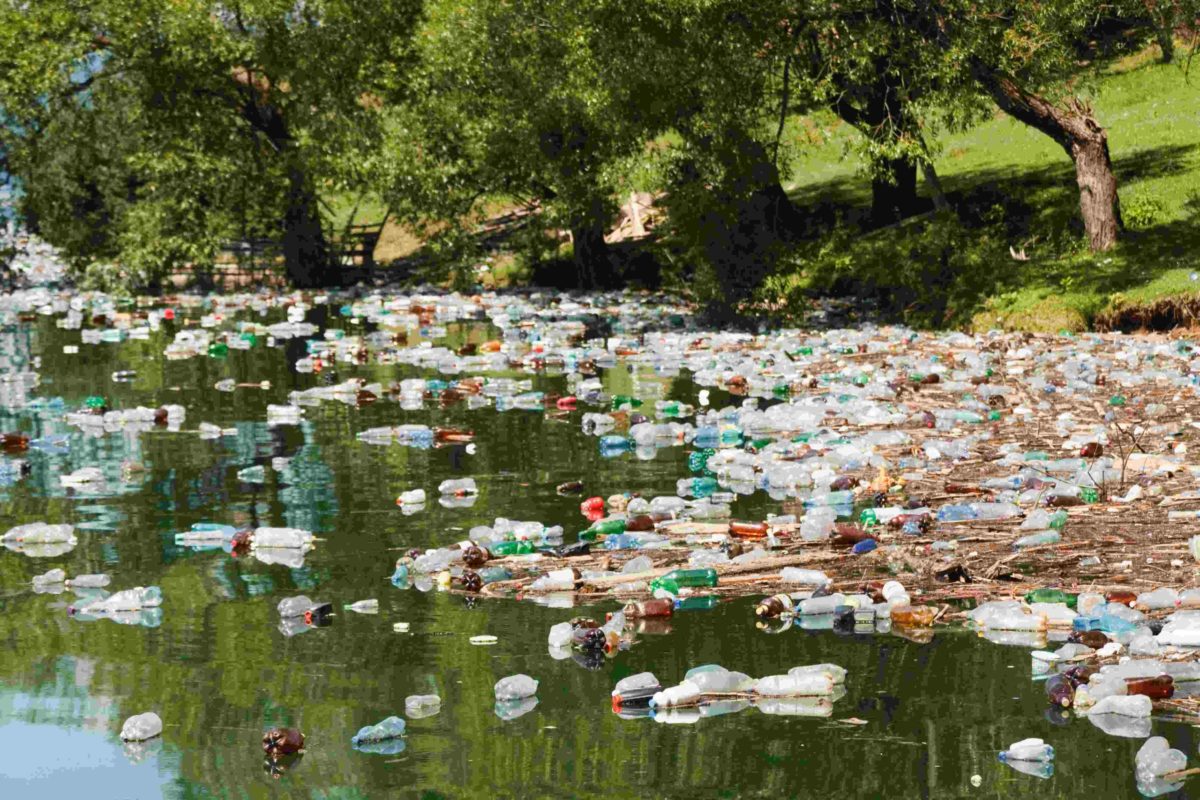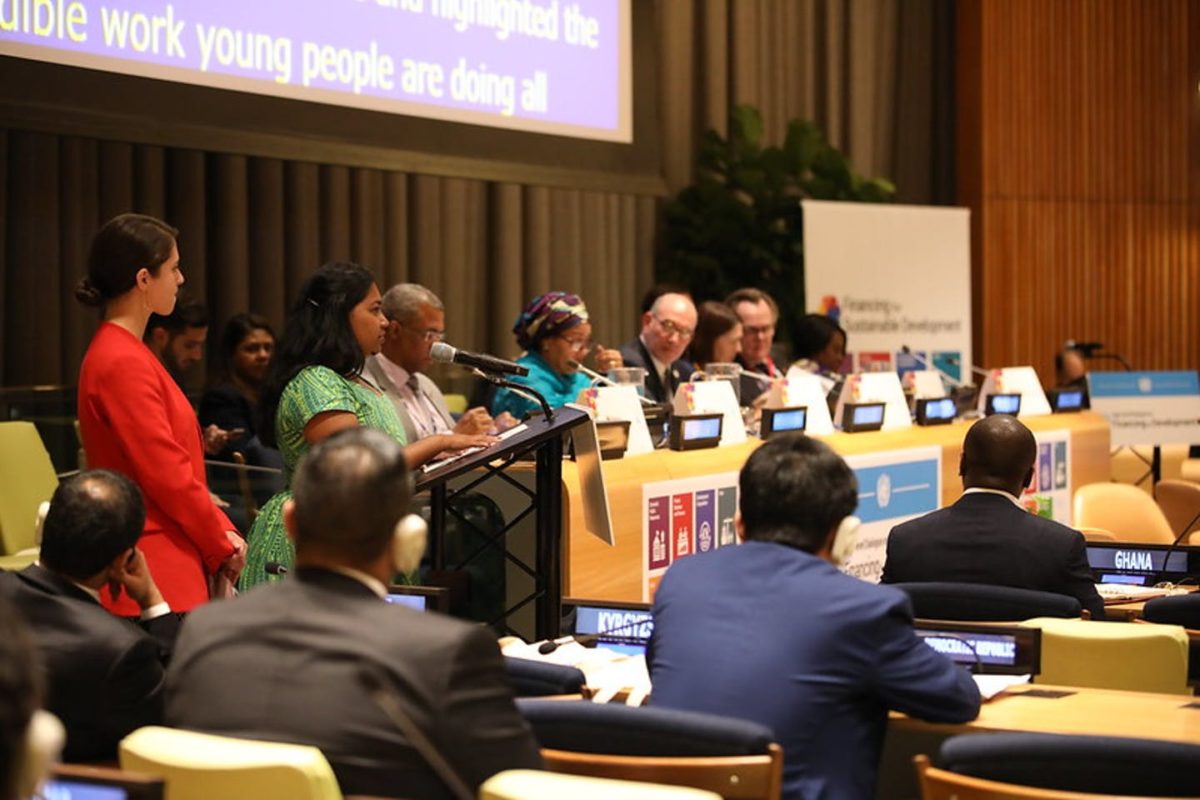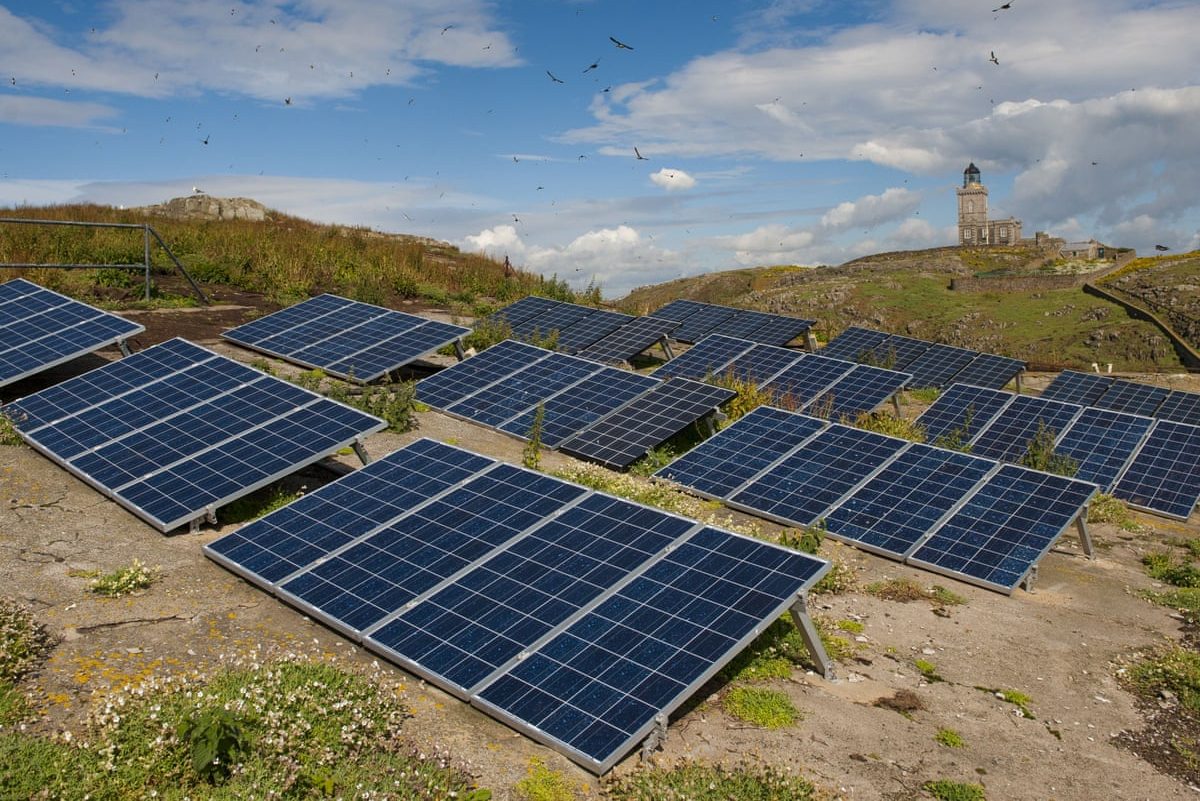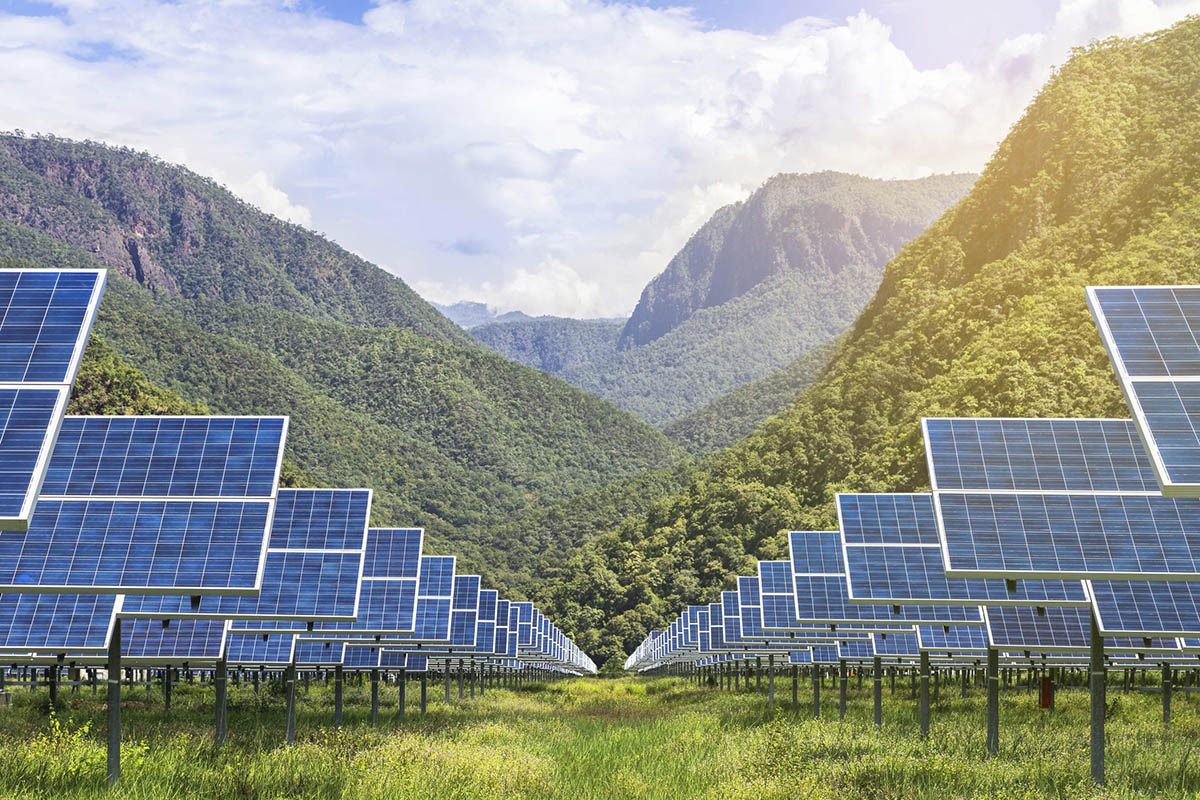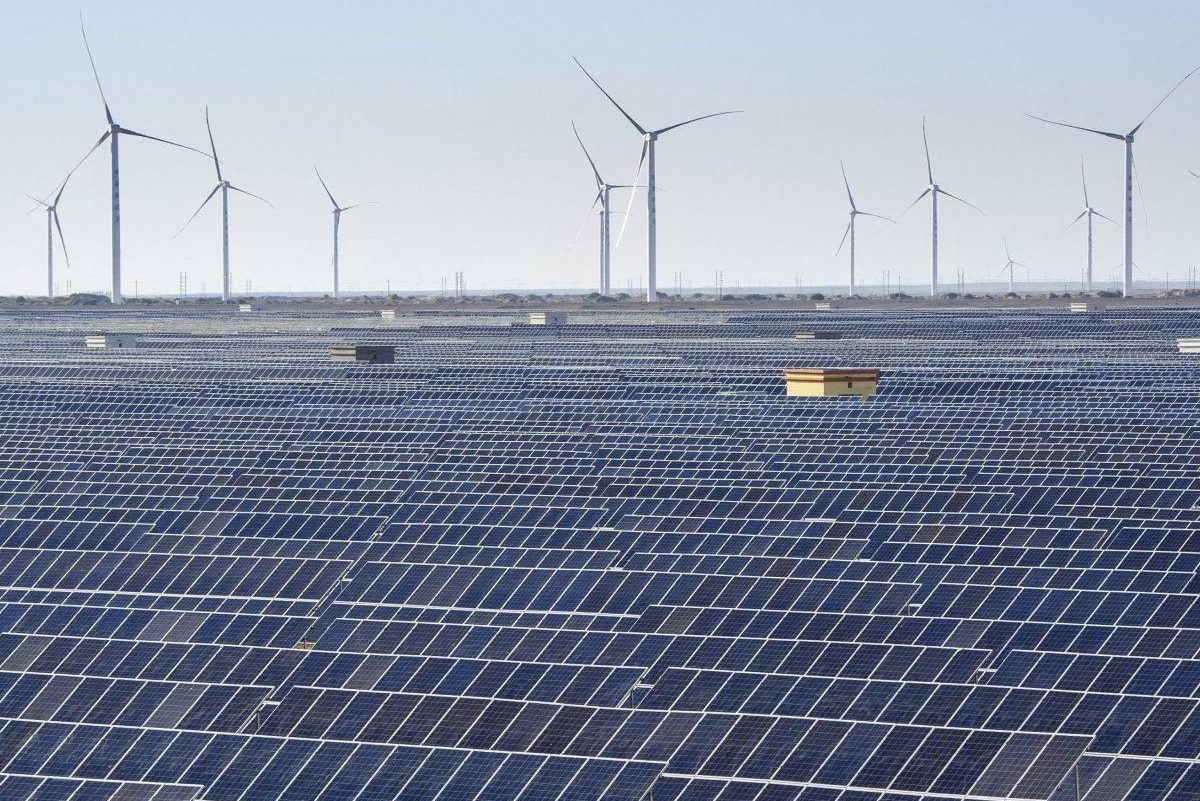
The universe has bestowed planet earth with millions of plant species all over the entire planet. There are unique species native to each country in the world. The abundance of flora is enough to feed every single person on our planet. However, the opposite is happening.
The environment’s degradation because of human greed and carelessness has massively dwindled plant species and degraded soils. Let us do our small act of kindness to mother nature; let us start with the food we eat. This way, we can also share some of nature’s harvest with those who are hungry.
Here are some creative ways to eat sustainably:
Buy only what you need and what you can eat in certain periods to avoid food spoilage.
Reduce junk food. Studies show that most junk foods cause major health problems.
Share …
